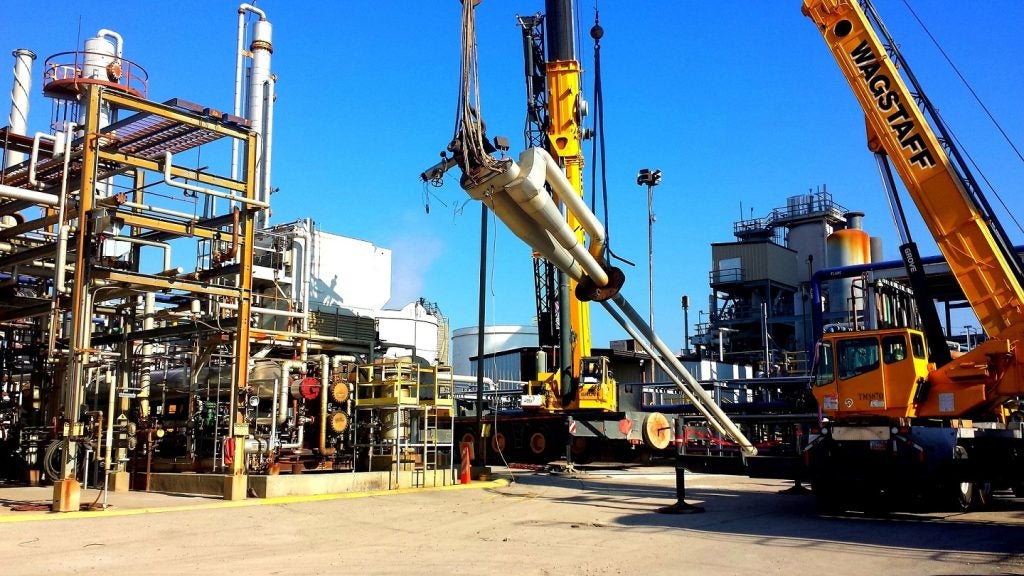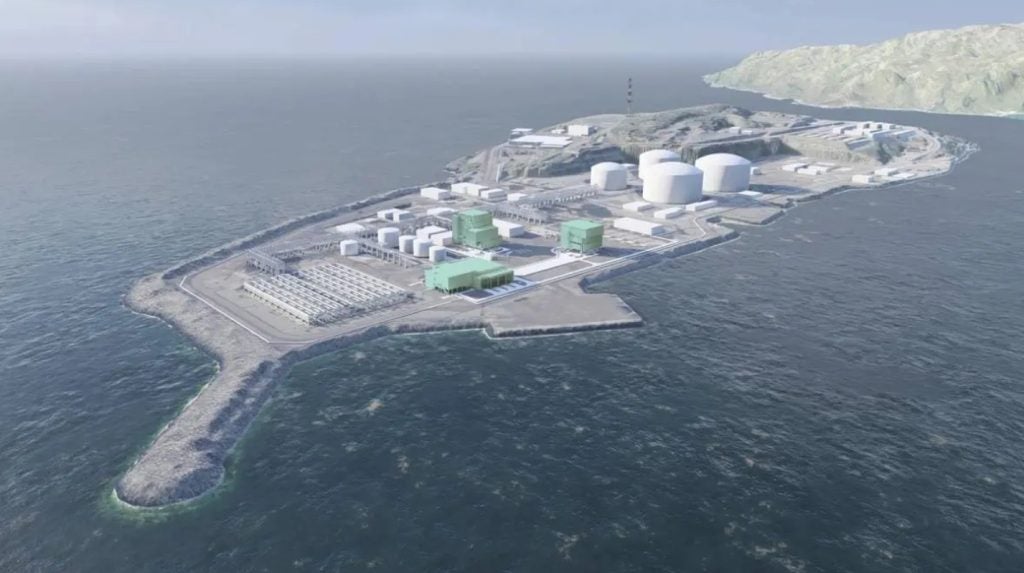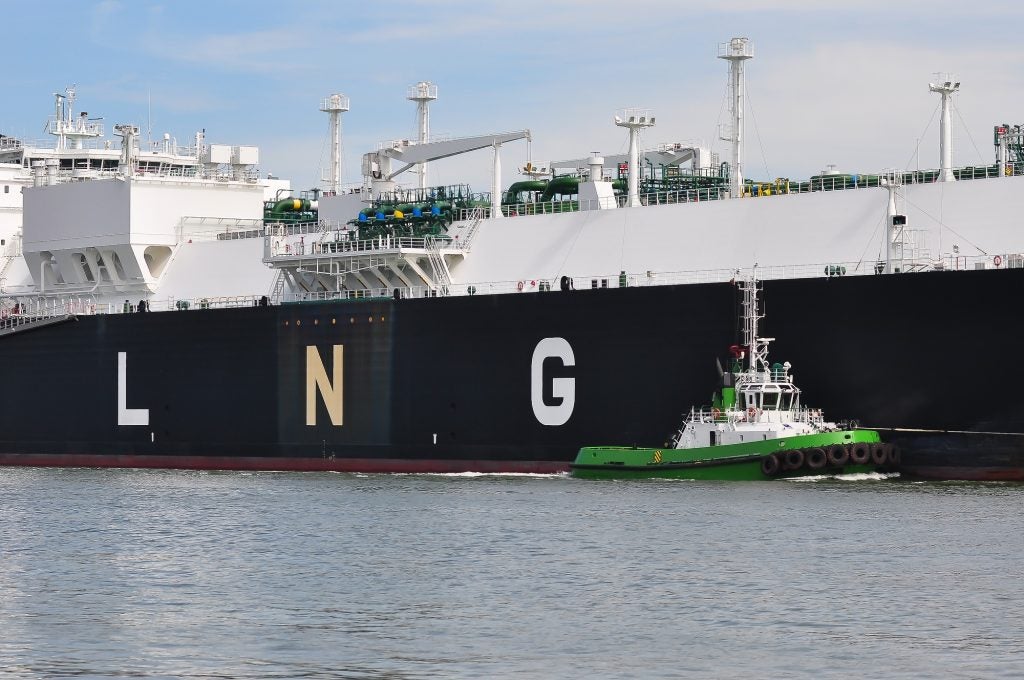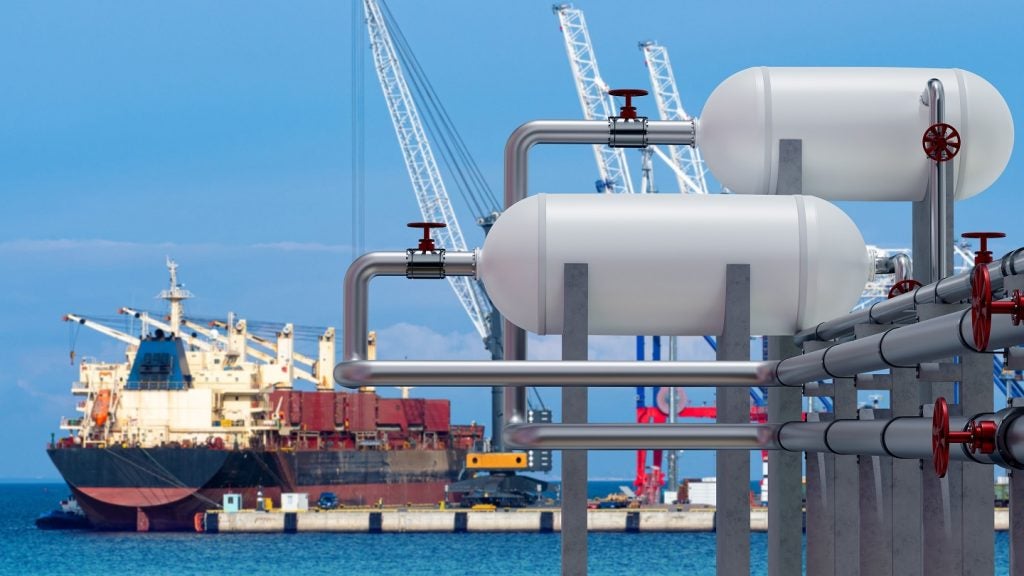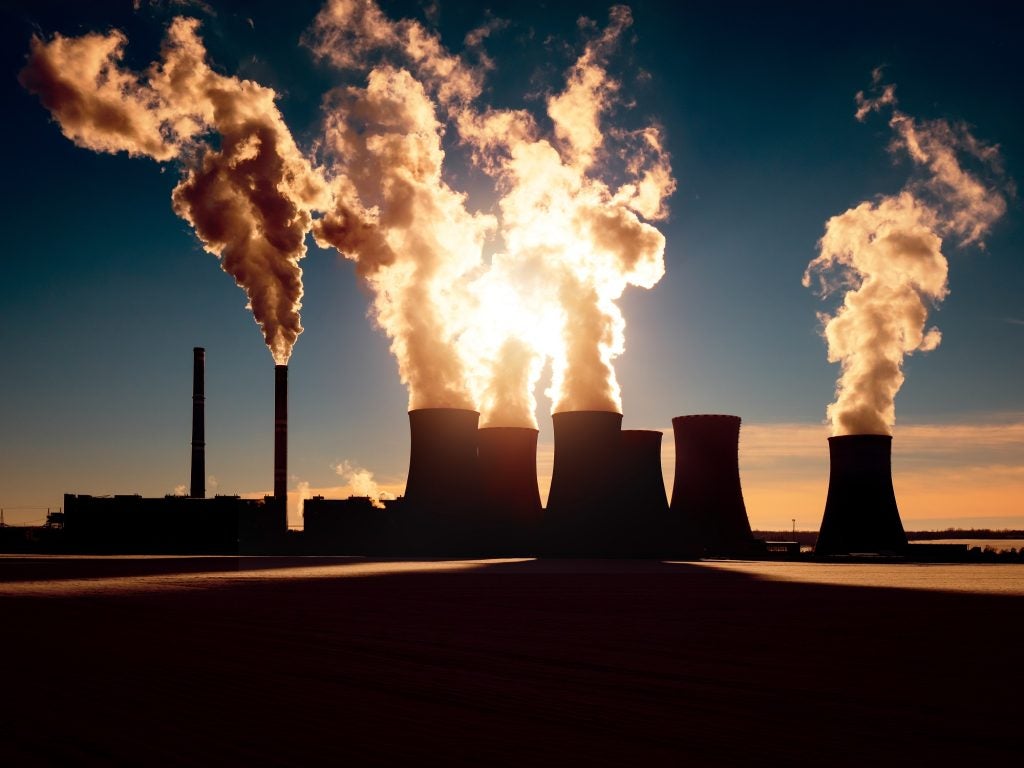Guyana has signed a memorandum of understanding (MoU) with the Dominican Republic to explore the construction of a 50,000 barrel per day (bpd) refinery in Guyana, reported Reuters.
The preliminary agreement was signed by Guyana President Irfaan Ali and Dominican Republic President Luis Abinader at a meeting in Santo Domingo, Dominican Republic.
As per the terms of the agreement, the Dominican Republic Government could own at least a 51% stake in the refinery project.
The Guyanese Government, however, is considering no participation as a shareholder in the refinery project.
Ali was cited by Reuters as saying that the Dominican Republic would receive fuel from the proposed refinery. This could improve the feasibility of the project.
Ali was quoted by News Room as saying: “The DR [Dominican Republic] as an offtaker improves the viability and feasibility of the project, which can be an important part of the energy matrix in the region.”
The project's parties will negotiate the prices for the crude oil supply to the refinery under a 30-year contract.
Ali said: "(The) Dominican Republic is also interested in exploring for oil, food production and petrochemicals," in Guyana.
By 2027, the Guyanese Government aims to reach 1.2 million barrels per day of capacity. It is seeking investors for facilities capable of securing domestic fuel supply and helping reduce dependence on imports.
Separately, Guyana is assessing bids from four parties for the development of a separate 30,000bpd modular refinery.
The two proposed refineries are expected to receive crude from Guyana's share of oil produced at the Stabroek offshore block, which is owned by an Exxon Mobil-led consortium.


